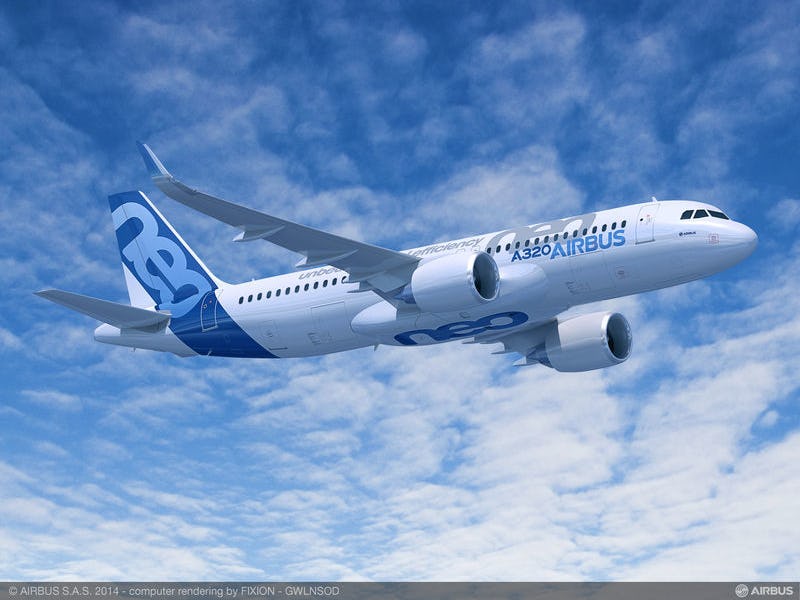U.S. Official Says Mid-Air Heat Flash Detected Before Russian Plane Crashed
U.S. officials are ruling out a missile strike, but say a bomb on board the plane could have brought it down.

A U.S. official on Tuesday claimed that a heat flash was detected around the desert floor prior to the Russian Metrojet Flight 9268 crash in the Sinai Peninsula, stoking speculation that an act of terrorism may have brought the Air Bus A321-200 down.
Aviation experts aren’t ruling out the theory that the heat flash might have been generated from a bomb detonating on board the plane, however. Allaying many of those fears though, are Middle Eastern security experts who remain skeptical of that scenario. Many of them are downplaying claims made by an Egyptian wing of ISIS that it struck the plane with a missile.
U.S. director of national intelligence James Clapper told reporters in Washington on Tuesday that linking terrorism to the plane crash might be dubious, but not out of the bounds of possibility.
“It’s unlikely, but I wouldn’t rule it out,” Clapper said.
Egypt’s Civil Aviation Minister, Hossam Kamal, told the Associated Press that a conclusive report on the cause of the crash “will take some time.” Kamal added that his joint investigation team has all the tools at its disposal for rooting out the true cause of the crash.
Murky details surround much of what investigators know about the crash at this point. Russia’s Interfax news agency reported that, according to a source working on the investigation, that an “emergency situation occurred on board unexpectedly.”
“In the recordings, sounds uncharacteristic of a standard flight precede the moment of the airliner’s disappearance from radar screens,” according to Interfax.
In an attempt to definitively rule out the possibility of a missile hitting the plane, a U.S. official who spoke on the condition of anonymity to the AP, said that the lack of an engine burn found among the wreckage indicates that there was no missile launch. Additionally, the official said that US intelligence detected no missile launch on the floor of the desert during the time of launch.
Metrojet Flight 9268 was carrying 224 passengers from Sharm El-Sheikh airport in Egypt to St. Petersburg, before it unexpectedly plummeted from 31,000 feet toward the floor of the Sinai Peninsula on October 31.
Although Russian airliner Metrojet has stubbornly rejected any indication that the plane may have succumbed to mechanical failures, the history of the specific Airbus A321-200, which had undergone significant repairs in the past, has been called into question.
Speaking at a press conference in Moscow yesterday, Alexander Smirnov, the deputy general director of Metrojet, told reporters, “we exclude technical problems and reject human error.”
None of 224 passengers, which contained 17 children, along with seven crew members, survived the crash.
Vigils for the victims have been held on the streets of St. Petersburg.